By Mary Jo King, NCRW, NCOPE
Okay, you’ve snagged the interview. Now make the most of your mojo by planning for success.
1. Worth repeating: Do your research. Learn about the company and its industry before the interview. Knowing your subject matter will help you perform at your best. Thorough research will often yield information you can leverage during the hiring process, and earns the respect of the hiring authority.
2. Prepare for a telephone or video interview as you would for a personal meeting – including your choice of clothing. Keep your research and résumé package at your fingertips for easy reference.
3. Arrive early; you’ll feel more relaxed. Bring copies of your résumé, reference list, and letters of recommendation (if you have them), preferably organized into an attractive binder.
4. “The interview begins in the parking lot.” This quote comes from a friend of mine who always asks her gatekeepers for their impression of the candidate. You can imagine the range of feedback she receives!
5. Be a good listener. Your responses and questions will occur naturally when you’re paying attention to the conversation instead of strategizing your next comment.
6. Body language matters. Relax and keep your hands quiet. Sit upright and lean forward slightly. Match the interviewer’s speed of speech.
7. When a question surprises you, take a moment to consider your response. This is a perfectly acceptable technique, and you will be happier with the result.
8. Give some advance thought to potential problem areas on your résumé and be ready to deal with difficult topics. Be honest, objective, and accountable.
9. Remember, you’re conducting an interview, too! Ask thoughtful, well-researched questions of your own. Discussions about upcoming challenges for the role, for example, can be very enlightening.
10. Point out the achievements noted on your résumé and relate the ways your talents might be similarly applied in your new position.
11. The first interview is not the time to ask about salary and benefits, but be prepared to receive the question. If you are forced to discuss salary, quote a range rather than a firm number. (You have, of course, researched the salary range on websites like Salary.com and Glassdoor.com.) Furthermore, you will be considering a salary and benefit package when the offer is made.
12. If your interviewer asks an illegal question, redirect the conversation. Most such questions are errors of ignorance when the interviewer is trying to be friendly.
13. Always ask for the job. You would be surprised how many people never do this. Even if you are fairly certain you don’t want the job, you do want to receive the job offer.
14. Collect a business card on the way out. You’ll need it for follow-up.
Follow-Up
Send a thank-you letter within 24 hours of the job interview. Make sure you have the correct spelling of the interviewer’s name and the correct job title. Use the stationery and header from your résumé, and a formal style (unless invited to use a first name). If there was more than one interviewer, send a letter to each person.
Your letter should be short and direct. Express your thanks, emphasize your suitability for the position, and reiterate your interest in moving forward to the next step.
Use email for follow-up only if there is established precedent for this form of communication.
Final Thoughts
Practice interviewing with a friend, preferably one with hiring experience.
Don’t wear casual clothing, even for a “jean job”. Slacks or Dockers are more appropriate.
Don’t be late. If the unexpected occurs, phone ahead.
Turn your cell phone off. Never, EVER look at your phone during an interview!
Smile, make good eye contact, and provide a firm handshake.
Never speak negatively about a previous employer.
Don’t take over the interview by talking too much, even when interviewer is inept.
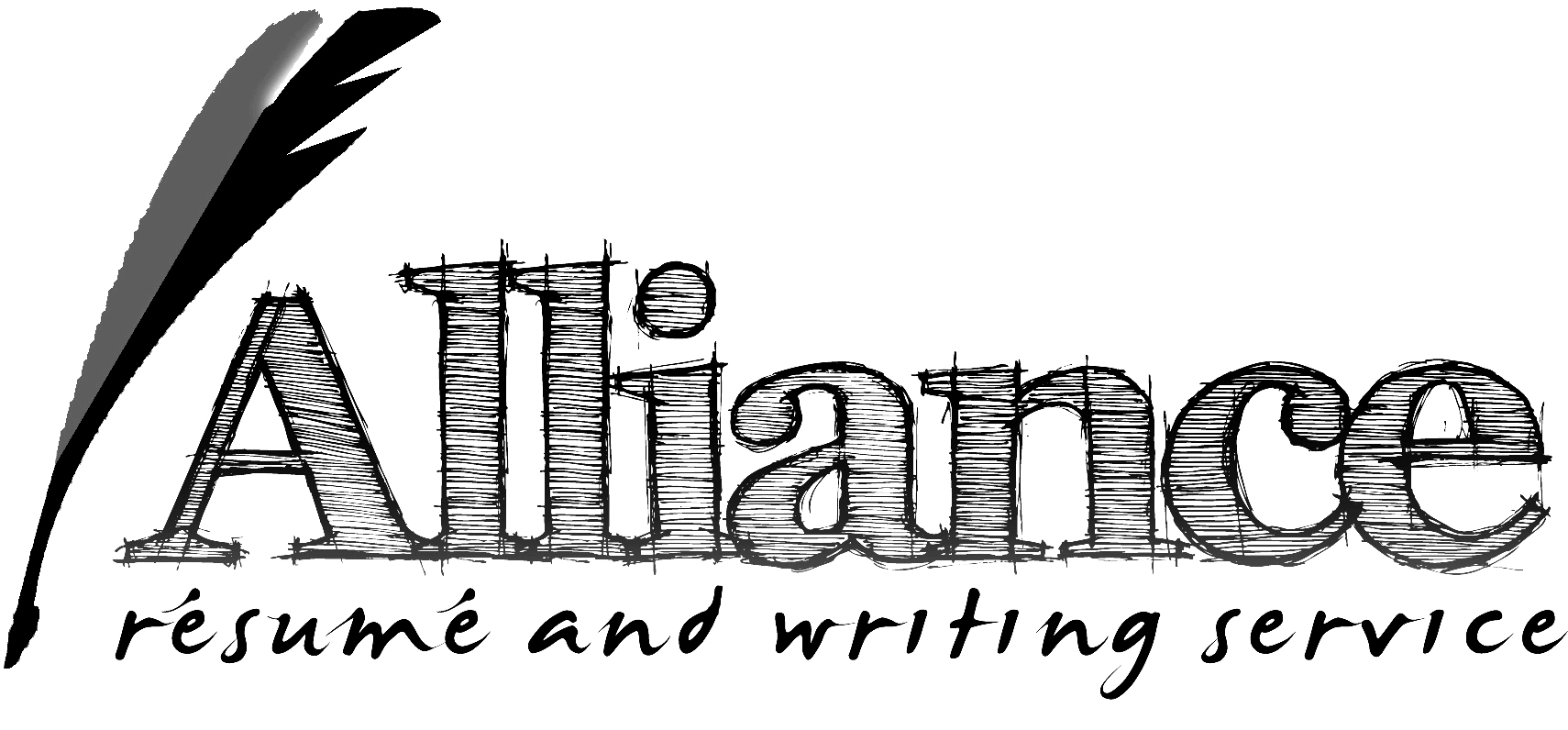
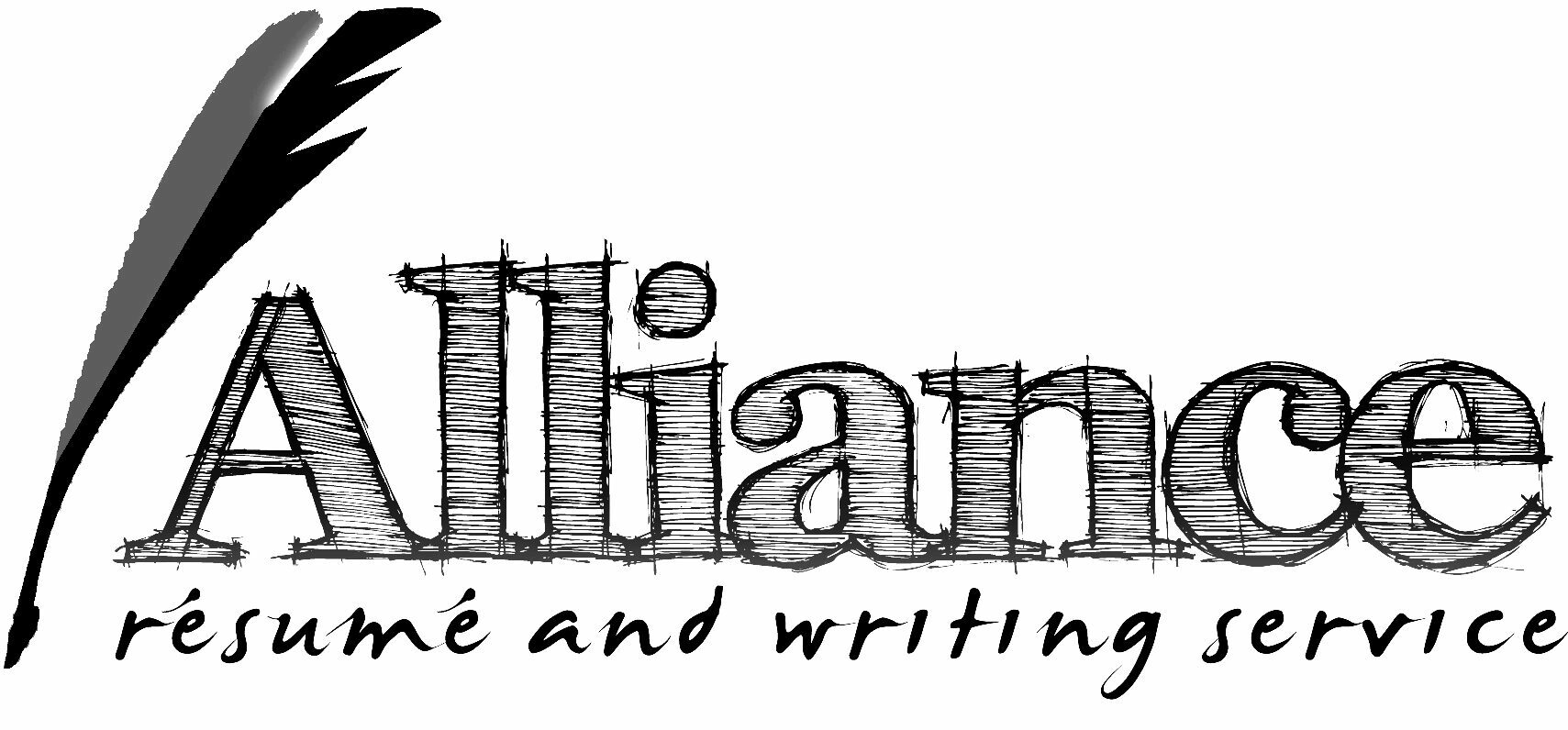



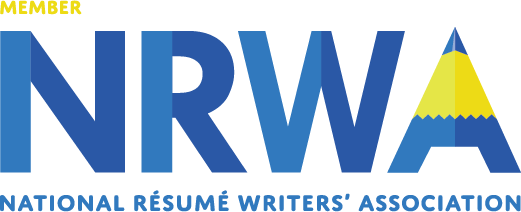
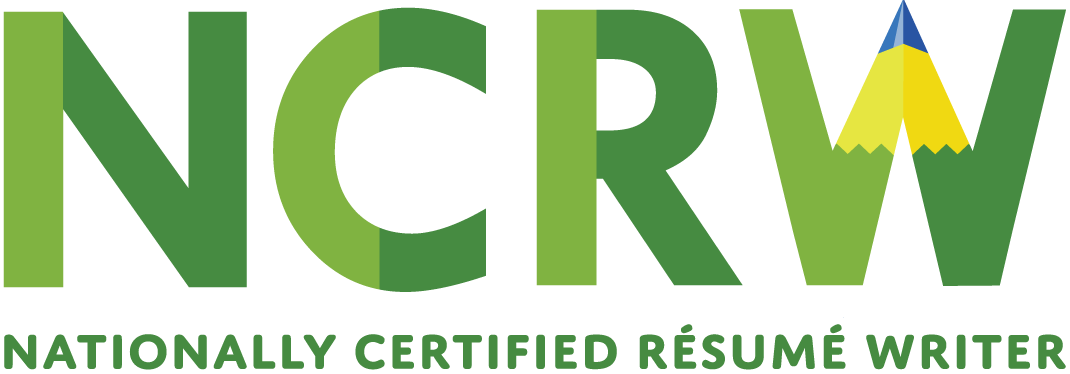

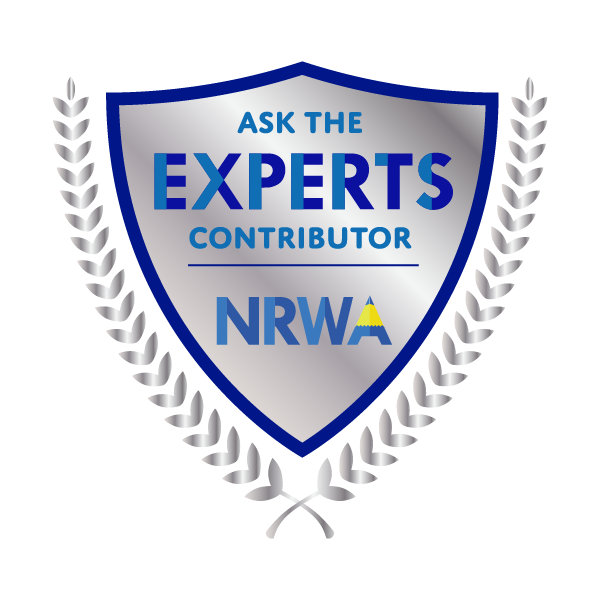
Comments are closed